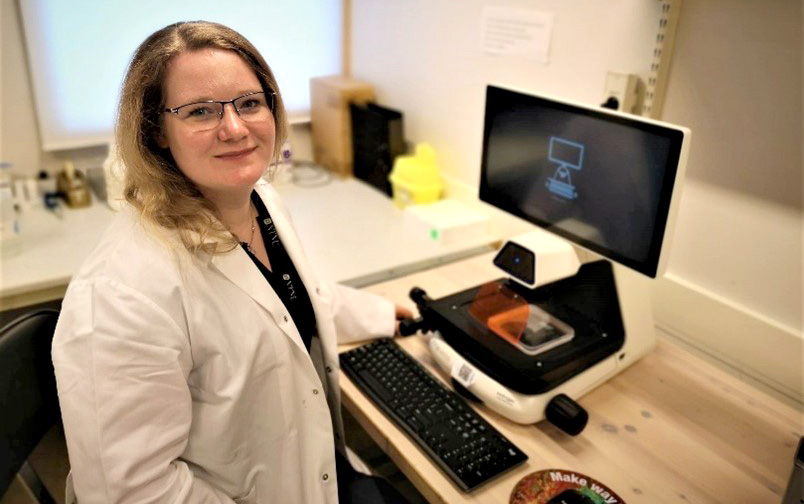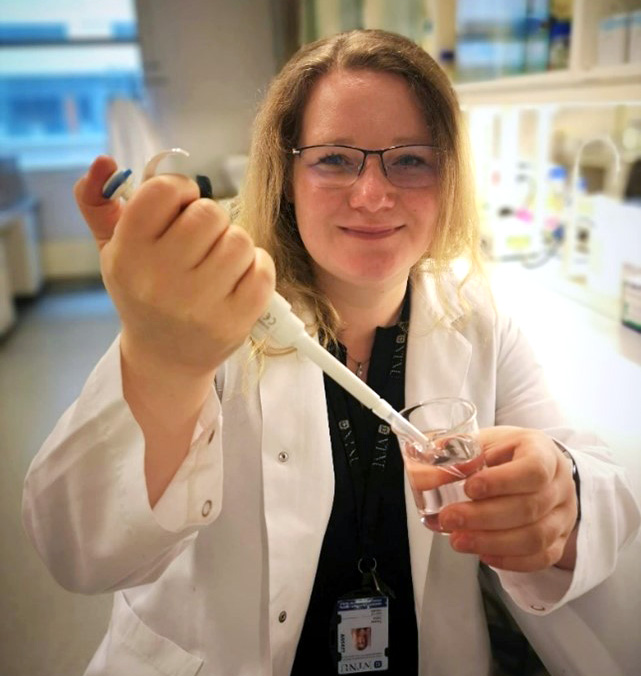WallSATisFaction - Department of Biology
WallSATisFaction

The impact of SA signaling in CWI impairment and downstream factors
In the future, food consumption is expected to increase significantly due to population growth and improved human welfare. According to current predictions, agricultural productivity needs to be increased by at least 56% by 2050 to meet the needs of the growing population. However, traditional agricultural practices face challenges such as limited arable land due to urbanization, climate change, and soil degradation caused by increased salt and heavy metal content. To tackle these challenges, agriculture has embraced new breeding methods, including molecular-assisted selection, transgenics, and gene-editing approaches. These techniques aim to optimize crop yields and develop new crop species that are highly adaptable, such as Golden rice and Bt-corn. Of particular interest in this context is the composition of plant cell walls, as they directly influence resistance to environmental stress and biomass production.
The importance of Cell Wall Integrity
Cell Wall Integrity (CWI) maintenance plays a crucial role in monitoring and preserving the integrity of plant cell walls. The CWI maintenance machinery is active during growth and development and affects responses to various stresses, including pathogen infection, temperature, osmotic stress, salt stress, and drought. This mechanism involves receptor-like kinases and ion channels in the plasma membrane, which perceive signals indicating CWI impairment and modulate downstream signaling cascades. These cascades, in turn, lead to changes in production of phytohormones (such as abscisic acid, salicylic acid, jasmonic acid, and ethylene), gene expression, and cell wall composition and structure.
A project creating a theorectical foundation for crop plants
This project aims to identify transcriptional regulators involved in the response to the impairment of primary cell wall integrity maintenance and to characterize the signal transduction elements that control salicylic acid induction and modulate salicylic acid-regulated responses.

Additionally, transgenic lines expressing candidate genes fused with reporter markers (such as EGFP and tagRFP) will be prepared to study their expression and localization dynamics. Co-immunoprecipitation assays followed by LC-MS/MS will be performed to identify interaction partners. Combining the results of these approaches will elucidate the functions of the transcription regulators and salicylic acid molecular components in CWI impairment signaling in primary cell wall metabolism and response to environmental stress.
The knowledge obtained from this project will establish a theoretical foundation for enhancing the performance of crop plants by improving their stress resistance and biomass quality through knowledge-based strategies.

